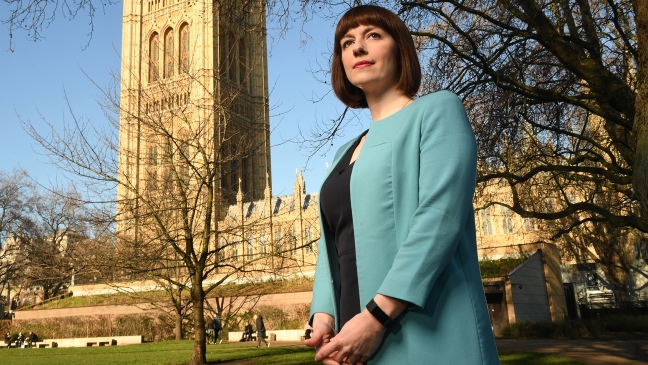On Thursday, Keir Starmer set out Labour’s mission to break down the barriers to opportunity. We are determined to build a Britain where background is no barrier to opportunity, where every child gets the firm foundations that enable them to achieve and thrive.
That is a challenge that goes far beyond education, and the mission will be a priority across government.
Of course, education isn’t just important because it prepares children for work and life, crucial as that is. It’s much more than that. More than any other calling, more than anything else government does, to be involved in education is to be shaping the society of the next generation. Education isn’t just for each of us, but for all of us.
And the sort of country we want Britain to be is one that is pluralistic, tolerant, egalitarian, democratic and fair. A society founded on discussion and debate, on listening as well as talking, on communicating with each other as effectively in speech as through text.
Changes to the curriculum
Our curriculum needs to change to ensure we are arming our children with both the knowledge and skills not merely to face their futures, but to shape them. That means embedding digital skills right across the curriculum. It means ensuring all our children feel represented when we teach our people’s history. It means teaching about climate change. And it means weaving speaking and listening - oracy - right through the way we teach our children.
And that needs to start right at the beginning of children’s journey through learning. Making sure children are confident and capable speakers begins in the early years. It’s crucial, in particular, to make sure that every child can access the Early Years Foundation Stage and benefit from high-quality and effective early years education.
Very often, the close attention to children’s communication skills helps teachers and others catch wider issues early - when there’s time to address them and time to make sure every child gets the chance they need to succeed from the start.
Delayed development of these skills sets children back much more broadly, with serious knock-on consequences for their learning. At the same time, there is good evidence that spoken language skills are strongly associated with children’s literacy, numeracy and educational attainment.
Focus on oracy in schools
What’s more, stronger communication skills are also associated with better behaviour at school and improved long-term outcomes. The long tail of the effects of the pandemic makes a focus on behaviour and social skills more important now than ever.
That is why Keir announced two key decisions: our determination to see half a million more children reaching the Early Learning Goals by 2030; and that Labour will equip every school with funding to deliver evidence-based early language interventions.
That means spreading best practice such as the Nuffield Early Language Intervention, which provides small-group language teaching sessions and has been shown to significantly improve the language skills of Reception pupils.
I am under no illusions about the scale of the challenge that the next Labour government will inherit. If Labour wins the next election, then as in 1997, we will face huge challenges in our schools: a backlog of school repairs; a profession whose status has been eroded year after year; and now not only the after-effects of a pandemic, but public finances wrecked and an economy with the worst growth record in the G7.
I know too well that we will not be able to fix everything at once. But we will bring three things missing from England’s schools today.
We will bring a determination that excellence must be for all of our children, not just some of our children. We will bring a willingness to work in partnership with parents, school leaders and school staff, not against them.
Above all, we will bring the hope of a better and fairer society, that our best days lie ahead of us, that however proud our history, our children can have a bright future, too - one in which background will be no barrier to opportunity.




